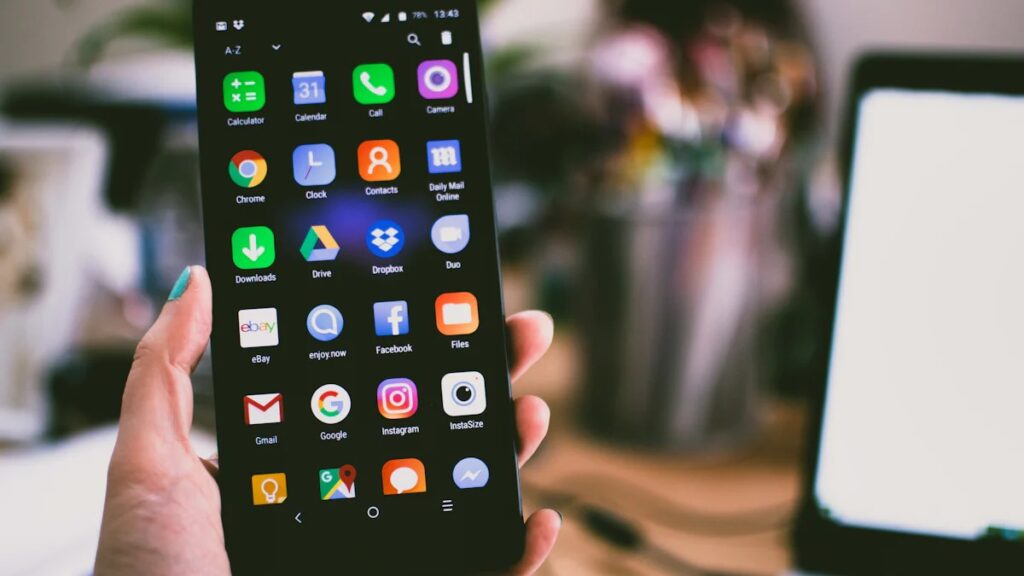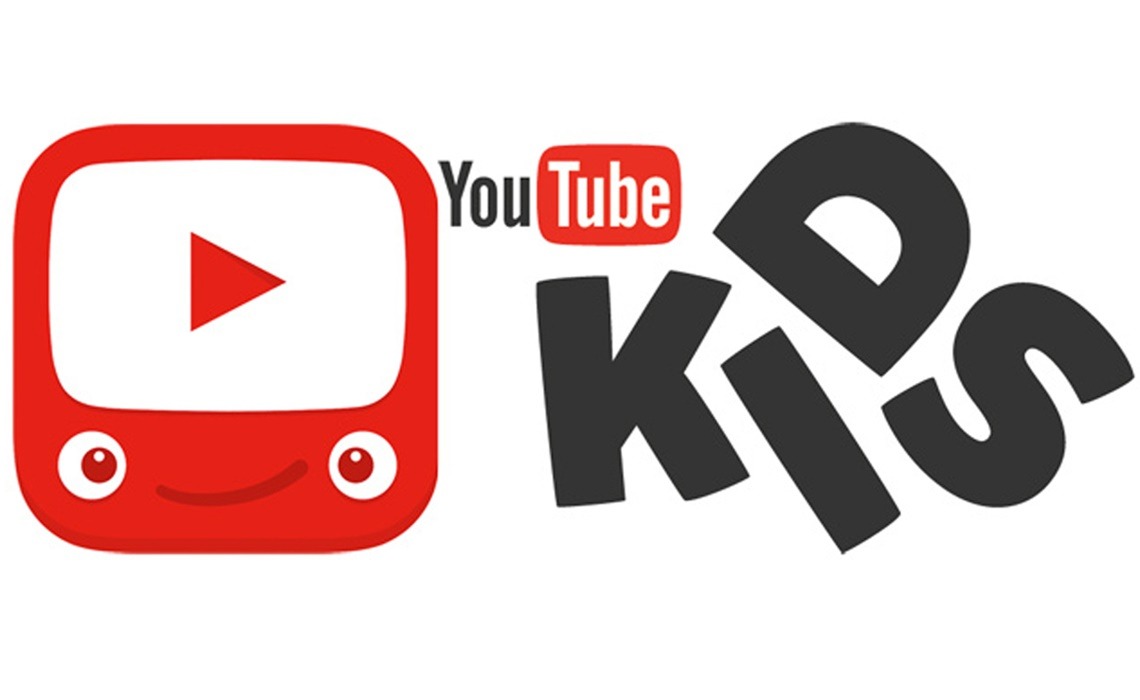With mobile usage this century, marketing has become an entirely different ball game. The increase in mobile phone usage has made many business owners who are not following the trend fold; however, many businesses have a smile on their faces as they understand the significance of mobile phone marketing and its impact on reaching their target audience effectively. In other words, they had followed and paid attention to the trend.
Having said that, in this article, we are going to provide a lot of data to point out the importance of mobile phone marketing for a productive business like yours. Let’s dive in, shall we?
The Rise of Mobile Usage and Its Impact on Marketing
The statistics speak for themselves – with 6.8 billion mobile users worldwide in 2023, the prevalence of mobile devices has become undeniable. Additionally, it’s projected that by 2025, mobile phone sales will double to reach $710 billion, indicating a significant shift in consumer behavior towards mobile interactions and transactions. This data highlights the immense potential for businesses to tap into this vast market through effective mobile marketing strategies.
From Desktop to Mobile: The Shift in Consumer Behavior
According to specific data, the percentage of mobile device website traffic worldwide increased from 51.5% in the first quarter of 2015 to 59.1% in the fourth quarter of 2023. This shift underscores the need for businesses to adapt their marketing efforts to cater to the preferences of consumers who are increasingly reliant on their mobile devices for online activities.
The Benefits of Mobile Marketing for a Productive Business
One of the key advantages of mobile marketing is its ability to connect with customers wherever they are. With US adults spending nearly a third of their media time on mobile devices in 2023 (31.5%), leveraging mobile platforms allows businesses to engage with their audience during various daily activities, making it easier to capture their attention and drive conversions.
Personalized Experiences Through Mobile
The survey conducted by Arion Research revealed that 83% of consumers are more likely to purchase from an app with personalized recommendations, emphasizing the importance of tailored experiences in driving consumer engagement and loyalty through mobile marketing efforts.
By recognizing these trends and harnessing them effectively, businesses can unlock new opportunities for growth and establish themselves as leaders in their respective industries.
The Key Elements of a Successful Mobile Marketing Strategy
Now that we understand the significance of mobile marketing and its impact on reaching target audiences, let’s delve into the key elements that constitute a successful mobile marketing strategy.
Understanding Your Audience’s Mobile Habits
To create an effective mobile marketing strategy, it’s essential to gain insights into your audience’s mobile habits. This involves utilizing tools and techniques for audience research to understand how your target demographic interacts with their mobile devices. By leveraging analytics tools and conducting surveys, businesses can gather valuable data on consumer behavior, preferences, and purchasing patterns. This information serves as the foundation for crafting personalized and targeted mobile marketing campaigns that resonate with your audience.
In addition to audience research, creating buyer personas for mobile users is a powerful way to humanize your target audience. By developing detailed profiles that represent different segments of your mobile user base, you can tailor your marketing efforts to address their specific needs and pain points. These personas provide valuable guidance when crafting content and messaging that speaks directly to the desires and motivations of different mobile user groups.
Crafting Engaging Mobile Content
Let’s be real – if you want your mobile marketing to really pop, visuals are where it’s at. Videos, cool infographics, eye-catching images – that’s the kind of stuff that grabs people’s attention when they’re scrolling on their phones. Plain text just doesn’t cut it anymore.
But that’s not all – you’ve also got to keep things short and snappy. We’re living in a world of constant distractions, and mobile users are the masters of multitasking. They want information that’s quick and to the point, no fluff or filler. If your message isn’t concise and value-packed, they’re just gonna keep scrolling.
So, if you really want to win over those mobile audiences, you’ve got to hit them with a one-two punch: stunning visuals that catch their eye, and bite-sized content that packs a punch. Get that combo right, and you’ll be well on your way to mobile marketing mastery.
Real-World Success Stories: How Mobile Marketing Boosted Business Productivity
Mobile marketing has proven to be a game-changer for businesses across various industries, and real-world success stories serve as compelling evidence of its impact on productive business growth. Let’s explore two case studies that demonstrate the transformative power of mobile marketing strategies in boosting business productivity.
Case Study 1: A Local Cafe’s Mobile Ordering App
The Challenge: Long Lines and Wait Times
A local cafe faced the common challenge of long lines and extended wait times during peak hours, leading to customer dissatisfaction and potential loss of business. This operational bottleneck posed a significant hurdle to maintaining a seamless customer experience and maximizing sales opportunities.
The Solution: A User-Friendly Mobile App
In response to this challenge, the cafe implemented a user-friendly mobile ordering app that allowed customers to browse the menu, place their orders, and make secure payments directly from their smartphones. This innovative solution not only streamlined the ordering process but also enabled customers to customize their orders based on preferences, dietary restrictions, and special requests. As a result, the cafe experienced a remarkable reduction in wait times, improved order accuracy, and increased customer satisfaction. The convenience offered by the mobile app led to higher order volumes during peak hours, ultimately boosting overall productivity and revenue for the cafe.
Case Study 2: An Online Retailer’s SMS Marketing Campaign
The Challenge: Abandoned Shopping Carts
An online retailer encountered a common e-commerce challenge – abandoned shopping carts. Many customers would add items to their carts but fail to complete the purchase, resulting in lost sales opportunities and reduced conversion rates. Addressing this issue was crucial for maximizing revenue potential and enhancing the overall efficiency of the online retail business.
The Solution: Personalized Discount Codes via SMS
To re-engage with customers who had abandoned their shopping carts, the retailer launched an SMS marketing campaign featuring personalized discount codes tailored to each recipient’s browsing history and previous purchases. By leveraging customer data insights, the retailer crafted targeted messages that highlighted exclusive discounts on specific items left in the abandoned carts. This personalized approach not only captured the attention of recipients but also incentivized them to revisit the online store and complete their purchases. As a result, the SMS campaign significantly reduced cart abandonment rates, reactivated dormant leads, and ultimately contributed to a substantial increase in sales revenue for the online retailer.
The success stories of these real-world case studies underscore how strategic implementation of mobile marketing initiatives can drive tangible results for businesses seeking to enhance productivity while catering to evolving consumer behaviors.
Tips and Tricks to Kickstart Your Mobile Marketing Journey
Now that we’ve explored the significance of mobile marketing and its impact on reaching target audiences, let’s take a look at some practical tips and tricks to kickstart your mobile marketing journey. Leveraging social media for mobile marketing and making the most of mobile marketing tools are essential strategies for businesses aiming to maximize their reach and engagement in the digital landscape.
Leveraging Social Media for Mobile Marketing
Social media platforms have become integral channels for mobile marketing, offering diverse opportunities to connect with audiences and drive brand awareness. When it comes to choosing the right platforms, it’s crucial to align your choices with your target demographic’s preferences and behaviors. For instance, Sephora’s Instagram mobile ad campaign for its new fragrance line proved highly effective, demonstrating the power of integrating cutting-edge technology and creative content to elevate brand awareness and consumer engagement.
In addition, creating mobile-friendly social content is paramount in capturing the attention of mobile users scrolling through their feeds. This one company was a straight-up genius with their mobile ad campaign. They had this interesting app where you could trick out your ride, zombie apocalypse style. Custom armor, weapon mounts, the whole nine yards. Now that’s what I call tapping into people’s wild imaginations. This creative and engaging concept showcased the effectiveness of interactive and themed mobile apps in driving brand growth and audience engagement.
When crafting content for social media, incorporating visually compelling elements such as videos, infographics, or eye-catching images can enhance user engagement on various platforms. Furthermore, tailoring content specifically for each platform’s format and user behavior can optimize its impact on mobile audiences.
Making the Most of Mobile Marketing Tools
When you get to live in this century, you should know that there is an array of tools available to empower businesses in their mobile marketing endeavours. Identifying essential tools for every mobile marketer is vital for streamlining processes and maximizing efficiency. For instance, Hopper, a mobile travel app targeting younger demographics, created a unique mobile advertising campaign with user-generated content on TikTok. This strategic use of platform-specific advertising showcases the impact of influencer-driven campaigns in reaching niche audiences effectively.
Furthermore, measuring success through analytics for mobile marketing provides valuable insights into campaign performance and audience behavior. By leveraging analytics tools that offer comprehensive data on user interactions, conversions, and demographics, businesses can refine their strategies based on real-time feedback.
Conclusion
By strategically leveraging social media platforms and embracing powerful mobile marketing tools, businesses can position themselves for success in engaging their target audiences effectively through personalized experiences tailored to the preferences of modern consumers.






